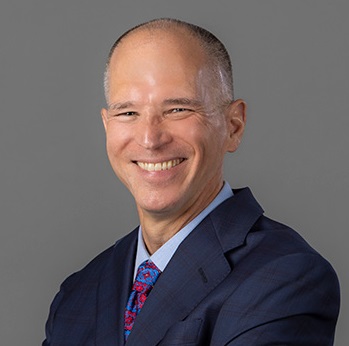Testimony to the Senate Commerce Committee on Protecting Consumers from Junk Fees
Chairman Hickenlooper, Ranking Member Blackburn, and Members of the Committee:
I am Todd Zywicki and it is a pleasure to appear before you today to testify on the topic of “Protecting Consumers from Junk Fees.” I am George Mason University Foundation Professor at Antonin Scalia Law School and Research Fellow of the Law & Economics Center. From 2020-2021 I served as the Chair of the CFPB’s Taskforce on Consumer Financial Law and from 2003-2004 I served as the Director of the Office of Policy Planning at the Federal Trade Commission. I am also co-author of Consumer Credit and the American Economy (Oxford 2014) and have written and spoken extensively on issues of consumer protection generally and consumer financial protection specifically. I appear voluntarily today in my personal capacity and do not speak on behalf or represent any other party.
I share the frustration that many consumers hold today regarding the proliferation of seemingly ubiquitous add-on fees that we experience constantly, from surcharges for using our credit cards at a merchant, to hotel “resort fees,” and others. And earlier this year I experienced exactly this frustration when I checked into a hotel on vacation and was assessed a mandatory $30 a day “resort fee” that was only disclosed in fine print on the last screen of a multi-page checkout process at an Internet hotel booking website.
Buying a ticket to concert has in fact become a tedious process of searching for a concert or sports ticket and then having to spend 10 minutes clicking through multiple pages before you can discover the real price and decide whether to go to the show.
So I also say, “Enough.”
But it is also important to stress that not all of these fees are “junk” fees. Many of these multi-part pricing schemes are economically efficient, in that they better match consumers with the product terms and attributes they value. Others are appropriate as means to protect some consumers from being forced to subsidize others’ choices or the higher costs that some consumers impose relative to others. For example, requiring upper-income jet-setters to pay foreign currency transaction fees hardly seems unfair to those who don’t travel abroad and presumably nobody has an issue with requiring payment of “add on” fees for additional toppings on a pizza. Requiring every vacation resort to be all-inclusive would force those who don’t drink alcohol to subsidize those who do. While some use of multi-part pricing today is likely welfare-reducing, multi-part pricing has become more frequent is because paying for the services you actually use over the long run can be more fair and efficient for other consumers, even if foreign travelers, partiers, and those who pay late on their credit cards might disagree.
As Howard Beales and I wrote recently:
The term “junk fees” defies easy definition. But it is imperative to distinguish ‘junk fees’ that are designed to extract rents and consumer surplus from consumers from efficient behavior-based fees. Welfare-reducing “junk” fees are most likely to emerge only under a relatively narrow set of market conditions — particularly those markets with few repeat customers where consumers are less likely to learn of the hidden fees, where consumers are effectively locked-in and unable to avoid paying the fee when it is imposed, or where such fees may be atypical and thus consumers are not alert to them.





